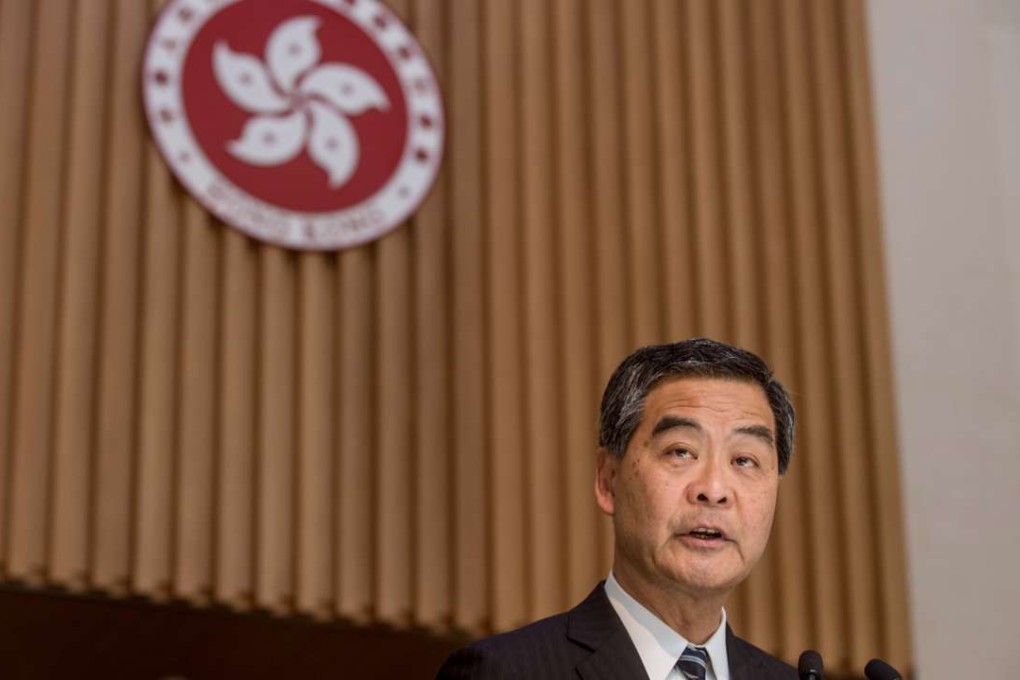Hong Kong officials should follow Singapore and sue for defamation over slurs
Tony Kwok says Hong Kong office holders and civil servants who face false accusations should be able to defend themselves in an independent court – with the help of legal aid

I am not sure whether such legal aid still exists in the civil service after Hong Kong’s return to Chinese sovereignty. But such a system in the colonial government indicated a strong determination to protect the dignity and authority of public officials from unfair criticism.
Lawsuit by Hong Kong leader over tax investigation allegation would be ‘bad precedent’, legislator says
In fact, in 2013, the chief executive threatened to take legal action against a well-known public affairs commentator and the newspaper that published his column, after the commentator alleged that Leung had links to triads.
Freedom of expression does not mean having no boundaries; it does not give carte blanche for defamatory remarks
As expected, Leung’s actions caused an outcry from opposition parties and some media, which criticised him for dealing a severe blow to Hong Kong’s freedom of expression.
However, it is a well-established principle that freedom of expression does not mean having no boundaries; it does not give carte blanche for defamatory remarks. We are not free to damage a person’s reputation without basis.
Besides, suing for defamation could not be described as an unfair act, because the case would be judged by an independent court. In Leung’s case, if he had not threatened to sue in 2013, I am sure the local and international media would have continued to repeat the false allegations.
In recent years, it has become common for Hong Kong’s opposition parties and media to insult officials, often making unconfirmed and even false claims. In most cases, they are able to get away with it, and officials who have been unjustly insulted have no recourse to hold the offending person or media accountable.
Unlike the chief executive, many officials cannot afford the very high legal costs that come with instituting legal action.